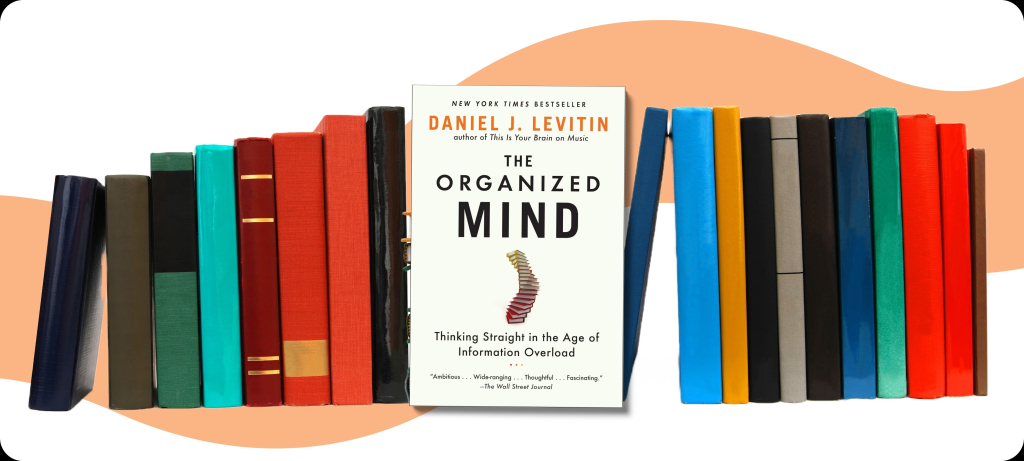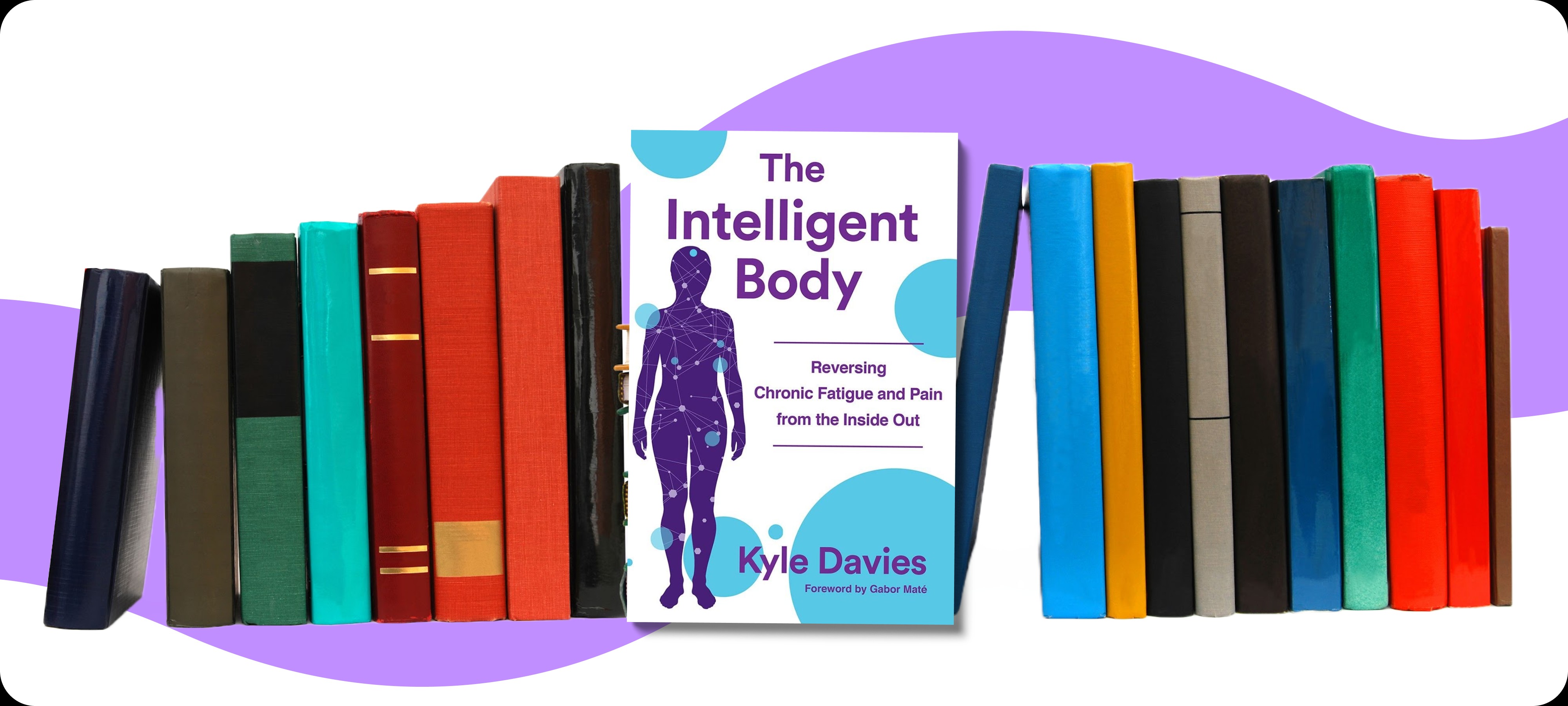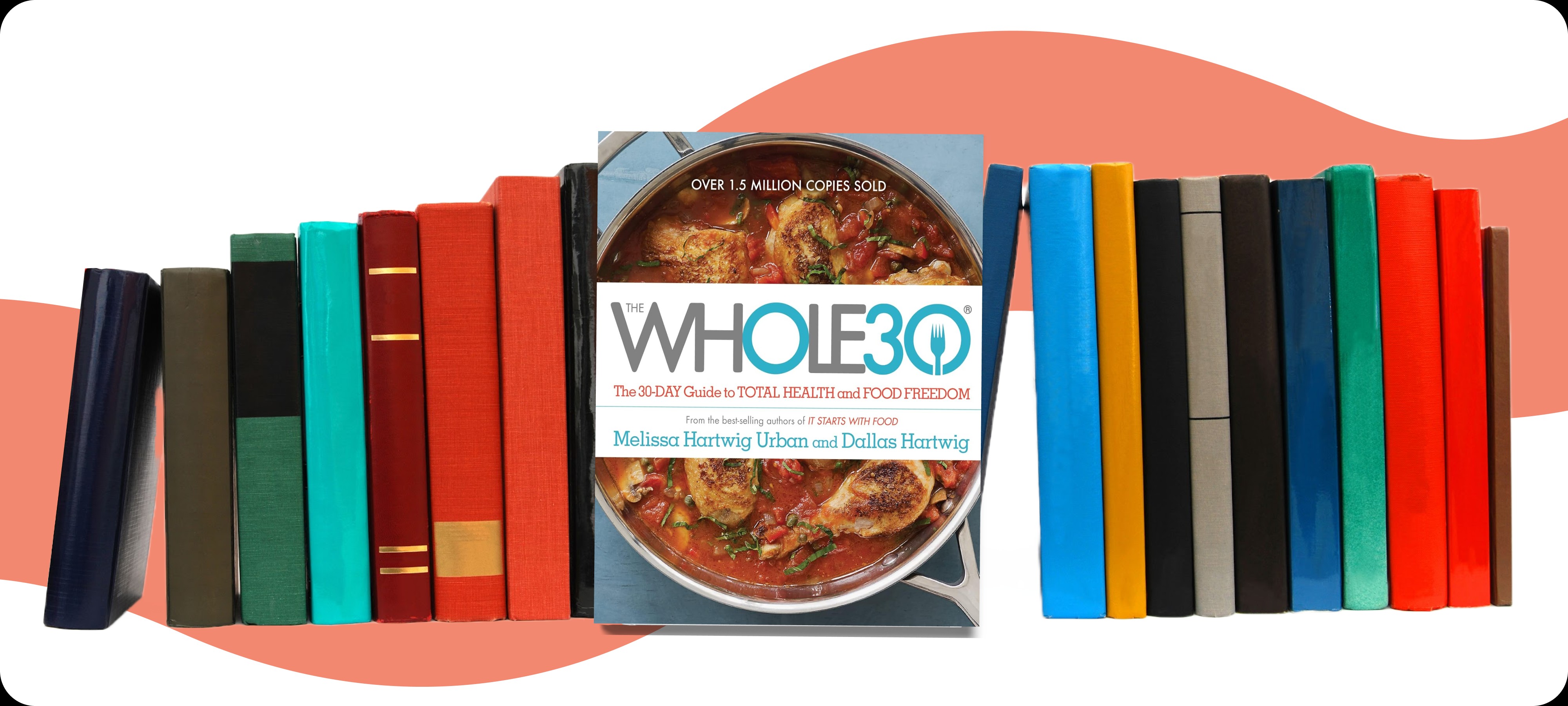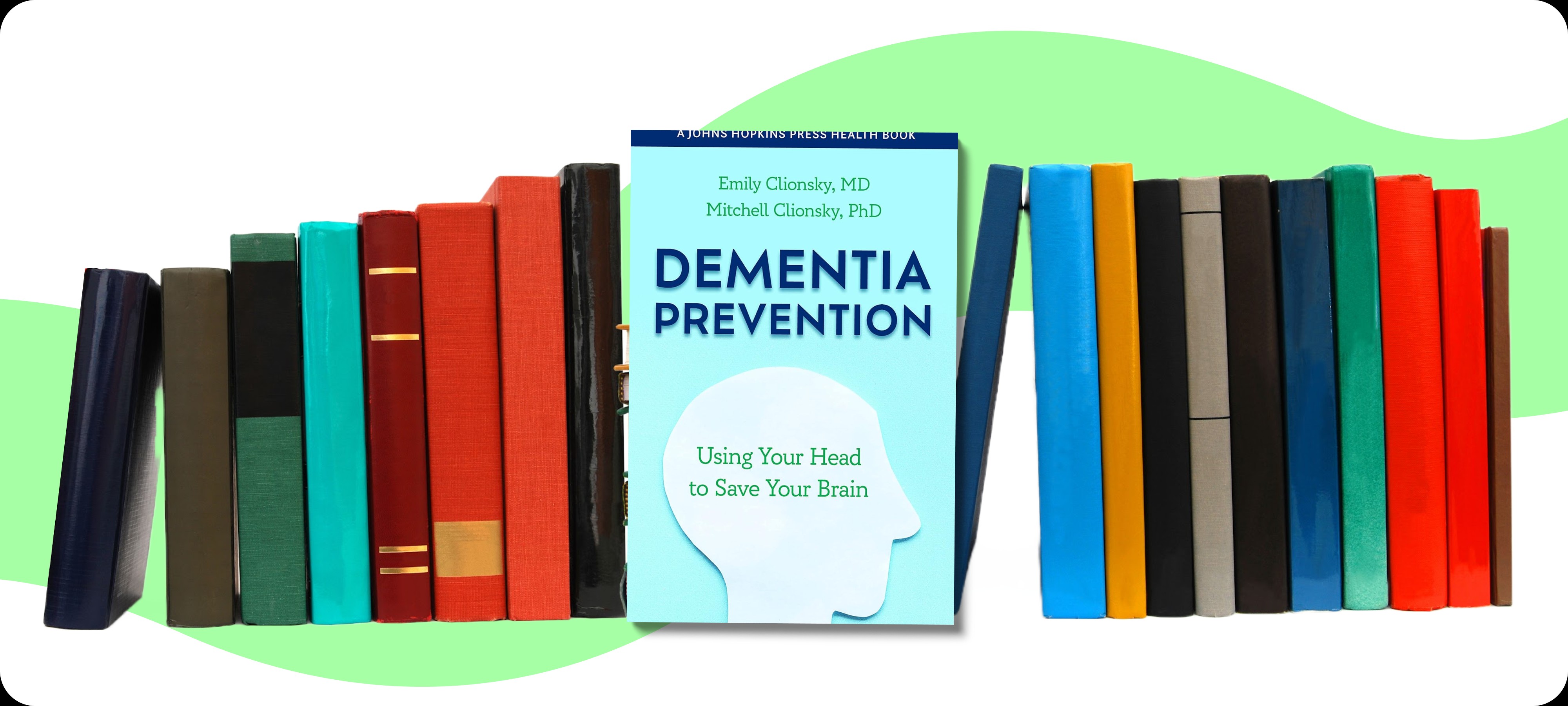“An eloquent spokesperson for our field. Levitin writes about the brain with an ease and familiarity that is captivating.” – The late David Hubel, Nobel Laureate in honor of discoveries concerning information processing in the human visual system
In an age where the sheer volume of information inundates our daily lives, the quest for cognitive clarity and effective decision-making has never been more relevant. Enter The Organized Mind: Thinking Straight in the Age of Information Overload by Daniel J. Levitin, a book that promises to be a guiding light through the labyrinthine challenges posed by our data-rich world. With its structured approach and scientific insights into cognitive processes, it stands as a beacon of hope for those seeking to harness their mental faculties in the face of constant distractions and information overload.
Author’s background
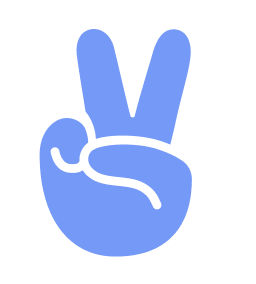
Daniel J. Levitin runs the Laboratory for Musical Perception, Cognition and Expertise at McGill University, where he holds the Bell Chair in the Psychology of Electronic Communication.

Before becoming a neuroscientist, he worked as a session musician, sound engineer and record producer. He has written extensively both in scientific journals and music trade magazines such as Grammy and Billboard.
What is the book about?

The Organized Mind is structured into three main parts. In the first part, Levitin introduces readers to the challenges of cognitive overload, explaining how the ever-increasing volume of information and decisions can overwhelm us. He lays the foundation by delving into the workings of attention and memory, providing a fundamental understanding of these cognitive processes.
The second part of the book is dedicated to practical strategies for organizing various aspects of life. Levitin offers insights into decluttering physical spaces, managing social interactions in the digital age, and tackling the enigma of effective time management. He also explores the critical task of organising information for crucial decisions and discusses how businesses and organisations can harness the principles of organization to create value.
In the final part, Levitin turns his attention to the future, emphasizing the importance of imparting organization skills to the next generation. He underscores the enduring value of an organized mind in a world saturated with information and distractions. The Organized Mind combines scientific research with actionable advice, empowering readers to enhance their cognitive abilities, make better decisions, and lead more organised and productive lives amidst the challenges of the modern age.
Eight key takeaways from The Organized Mind

1Understanding brain function
The book delves into the neuroscience of the brain, explaining how it processes information, makes decisions, and manages cognitive load. Readers gain a deeper understanding of their own mental processes.
2Information overload
Levitin highlights the challenges of information overload in the digital age and how it can lead to stress, anxiety, and reduced productivity. He emphasises the need to develop strategies to cope with this overload.
3Organisation and productivity
The book offers practical tips and techniques for better organisation and time management. Readers learn how to prioritise tasks, set goals, and create effective to-do lists.
4Multitasking myth
Levitin debunks the myth of multitasking, explaining that the brain is not designed for it. He advocates for focusing on one task at a time to improve productivity and reduce errors.
5Externalising memory
The concept of ‘externalising memory’ is discussed, encouraging readers to use tools like notebooks, calendars, and digital apps to offload mental information storage and reduce cognitive load.
6Decision making
The book provides insights into making better decisions by breaking down complex choices into smaller, manageable parts. It also emphasises the importance of taking breaks and allowing the brain to rest during decision-making processes.
7Digital detox and relaxation
The book advocates for occasional digital detoxes to reduce distractions and improve focus. It suggests creating boundaries with technology to regain control over one’s attention.
Levitin discusses the benefits of mindfulness and relaxation techniques in reducing stress and enhancing cognitive function. Readers are encouraged to incorporate such practices into their daily routines.
8Lifelong learning
The book promotes the idea of continuous learning and adaptability, as the modern world is constantly changing. It encourages readers to cultivate a growth mindset and stay open to new knowledge and experiences.
Table of contents

- Dedication
- Introduction
- Information and Conscientious Organization
- PART ONE
- TOO MUCH INFORMATION, TOO MANY DECISIONS
- The Inside History of Cognitive Overload
- THE FIRST THINGS TO GET STRAIGHT
- How Attention and Memory Work
- PART TWO
- ORGANIZING OUR HOMES
- Where Things Can Start to Get Better
- ORGANIZING OUR SOCIAL WORLD
- How Humans Connect Now
- ORGANIZING OUR TIME
- What Is the Mystery?
- ORGANIZING INFORMATION FOR THE HARDEST DECISIONS
- When Life Is on the Line
- ORGANIZING THE BUSINESS WORLD
- How We Create Value
- PART THREE
- WHAT TO TEACH OUR CHILDREN
- The Future of the Organized Mind
- EVERYTHING ELSE
- The Power of the Junk Drawer
- APPENDIX
- Constructing Your Own Fourfold Tables
- NOTES
- ACKNOWLEDGMENTS
- INDEX
- ILLUSTRATION CREDITS
Strengths and weaknesses, according to readers’ reviews

Strengths
-
Organisation and structure: Readers praise the book for its organised structure, highlighting that it provides a clear roadmap for tackling the complex subject matter.
-
Insights into cognitive processes: The book is commended for its in-depth exploration of cognitive processes like attention and memory, offering readers a better understanding of how their brains work.
-
Practical advice: Many readers find the practical advice on organisation and time management valuable, appreciating the blend of scientific insights with actionable strategies.
Weaknesses
-
Length and editing: Several readers feel that the book is too long and in need of more rigorous editing. They express frustration at the excessive amount of content compared to the actual substance, which they find overwhelming.
-
Tangential digressions: The book is criticised for going off on tangents that appear unrelated to the central theme of organisation and cognitive processes. Some readers find these digressions distracting and not as relevant.
-
Negative tone: A few readers mention that the author’s negative tone when discussing technology and certain topics can be off-putting, making the reading experience less enjoyable.
Best quotes from The Organized Mind

“Although there are individual differences, being alone for too long causes neurochemical changes that can result in hallucinations, depression, suicidal thoughts, violent behaviors, and even psychosis. Social isolation is also a risk factor for cardiac arrest and death, even more so than smoking.”
“There’s a well-established finding that people who receive social support during illness (simple caring and nurturing) recover more fully and more quickly. This simple social contact when we’re sick also releases oxytocin, in turn helping to improve health outcomes by reducing stress levels and the hormone cortisol, which can cripple the immune system.”
Final takeaway

The Organized Mind is a guide to understanding how the brain works in the digital age and offers practical advice on improving organisation, productivity, decision-making, and overall mental well-being. It encourages readers to take control of their cognitive resources and make more informed choices in an information-rich world.
Where to buy
You can buy The Organized Mind: Thinking Straight in the Age of Information Overload on Amazon, where it’s available in paperback, Kindle, library binding and audio formats.

